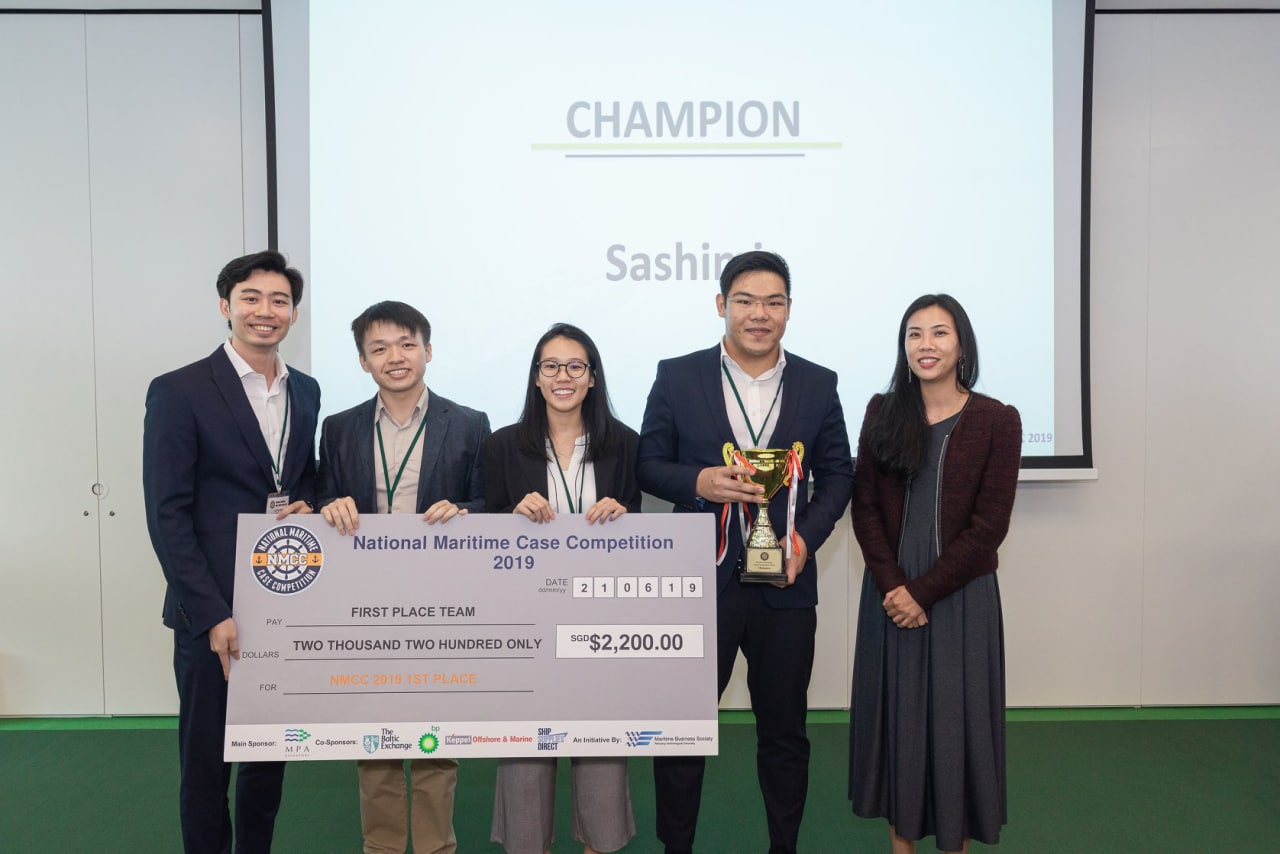Competitions
Case competitions are competitions where contestants compete to formulate a product or solution to a given case or problem. Joining case competitions is a good way to test the skills and knowledge we learn in ISE and apply them to solve problems.
We interviewed Russell who clinched 1st place twice in national case competitions (National Maritime Case Competition (NMCC) in 2019 and DB Schenker Business Challenge in 2020). He also went to the finals in various other challenges.
For mobile version, click here.





